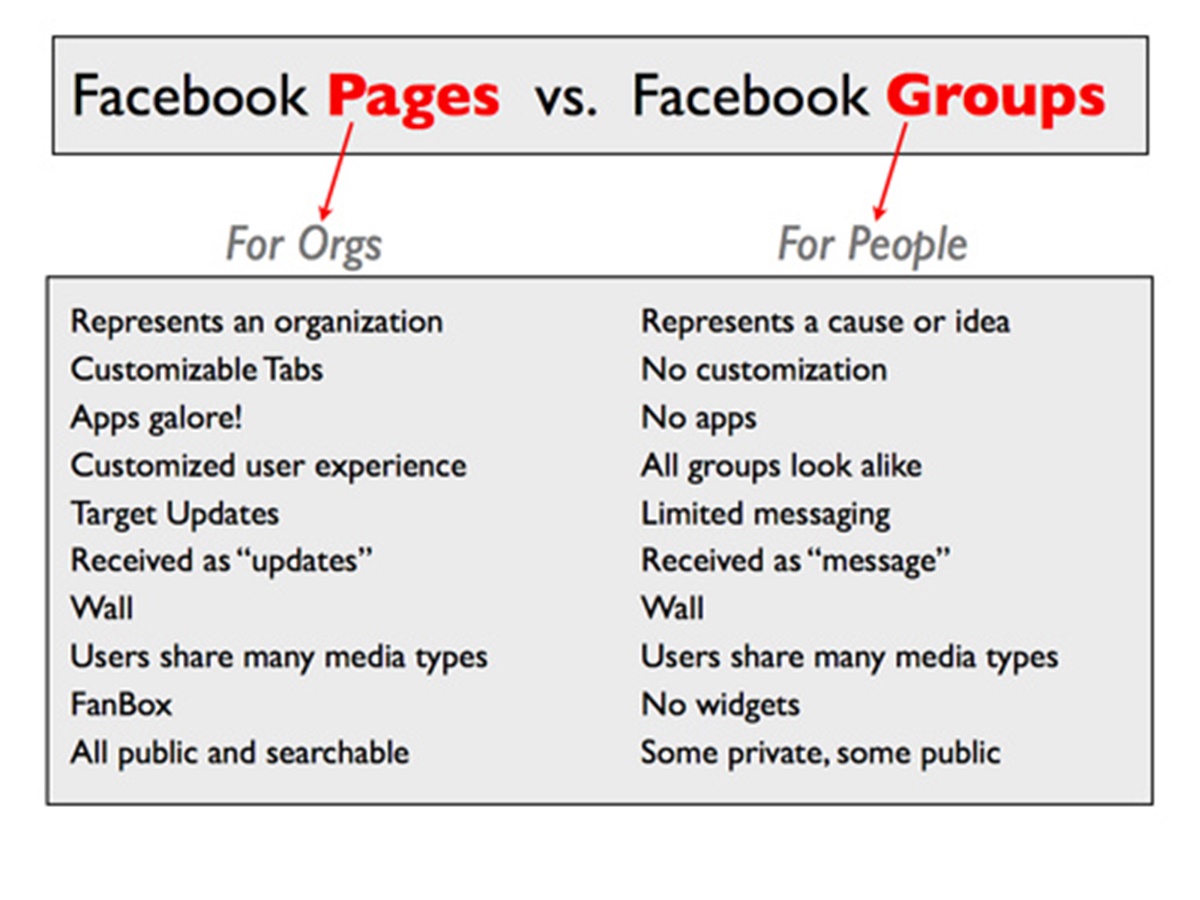Facebook Profiles
A Facebook profile is the personal account of an individual user on the platform. It represents a person’s online identity and serves as a hub for connecting with friends, family, and acquaintances.
When you sign up for Facebook, you create a profile where you can share personal information such as your name, profile picture, location, interests, and a bio. Your profile also allows you to post updates, photos, videos, and other content to share with your friends.
Profiles have privacy settings, which give users control over who can view their posts, the ability to send friend requests, and access personal information. This allows users to personalize their privacy settings and choose the level of visibility they want for their profile.
Through a profile, users can connect with friends by sending friend requests or accepting requests from others. Once connected, they can communicate by posting on each other’s profile, messaging privately, or commenting on each other’s posts. Profiles also have features such as timelines, where users can showcase their life events and activities, and a news feed that displays updates and posts from friends.
Overall, a Facebook profile is designed for individual users to share personal content, connect with friends, and engage in social interactions on the platform.
Facebook Pages
Facebook Pages are specifically designed for businesses, organizations, public figures, and brands to establish their presence on the platform. While profiles are for individuals, Pages serve as a platform for entities to share information, engage with their audience, and promote their products or services.
Creating a Facebook Page allows businesses to build a professional online presence and expand their reach to a wider audience. Pages have several features tailored to the needs of businesses, including the ability to add contact information, display business hours, and provide a description of the company or organization.
One key feature of Facebook Pages is the option to gain followers by people “liking” the page. This allows businesses to build a dedicated fan base and expand their brand’s visibility. Page owners can post updates, photos, videos, and other content to engage with their followers and keep them informed about their latest offerings and updates.
Pages also have insights and analytics tools, which provide valuable data on the performance of the page, including reach, engagement, and demographics of the followers. This information can help businesses better understand their audience and tailor their content to meet their interests and preferences.
Another advantage of Facebook Pages is the option to run targeted ads and boost posts to reach a wider audience. This feature allows businesses to promote their products or services and drive traffic to their website or landing page.
In addition, Pages can also receive reviews from customers, allowing businesses to showcase positive feedback and build trust among their audience. This can be particularly beneficial for local businesses and service providers.
Overall, Facebook Pages provide a valuable platform for businesses to establish their presence on the platform, reach a wider audience, engage with followers, and promote their products or services.
Facebook Groups
Facebook Groups are online spaces where people with shared interests, hobbies, or goals can come together to connect, communicate, and collaborate. They provide a platform for like-minded individuals to engage in discussions, share information, and build communities around specific topics.
Joining a Facebook Group allows users to connect with people who have similar interests or goals. These groups can be public, where anyone can join, or private, requiring approval from the group admin. In groups, members can post content, ask questions, share resources, and interact with other members through comments and reactions.
Groups offer a more focused and intimate environment compared to profiles and pages. They foster a sense of community and provide a space for individuals to share knowledge, seek advice, and receive support from others who have similar experiences or interests.
There are various types of Facebook Groups, ranging from professional networking groups, hobby-based communities, support groups, event planning, and local neighborhood groups. Groups can also serve as platforms for businesses to engage with customers, gather feedback, and promote their products or services.
One important feature of Facebook Groups is the ability to set up different privacy settings. Group admins can choose to create public groups, allowing anyone to join and view the content, or private groups, which require approval from the admin to join. This allows members to have control over who can access the information shared within the group.
Furthermore, Facebook Groups offer additional functionality such as group chat, event creation, and file sharing. These features enhance the collaborative aspect of the group and facilitate communication and coordination among members.

